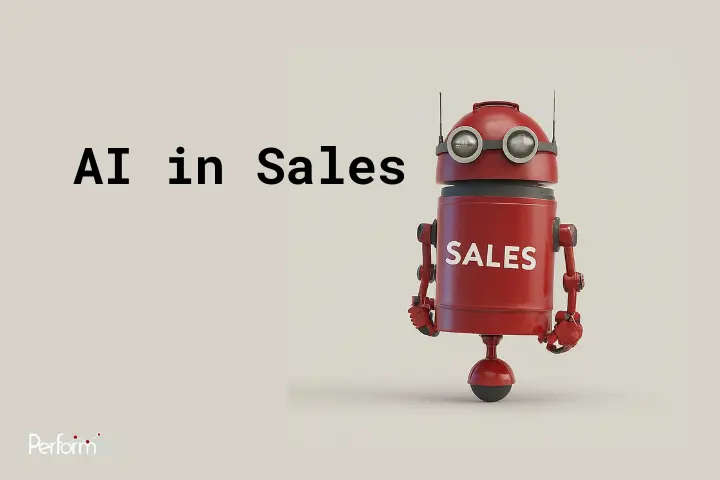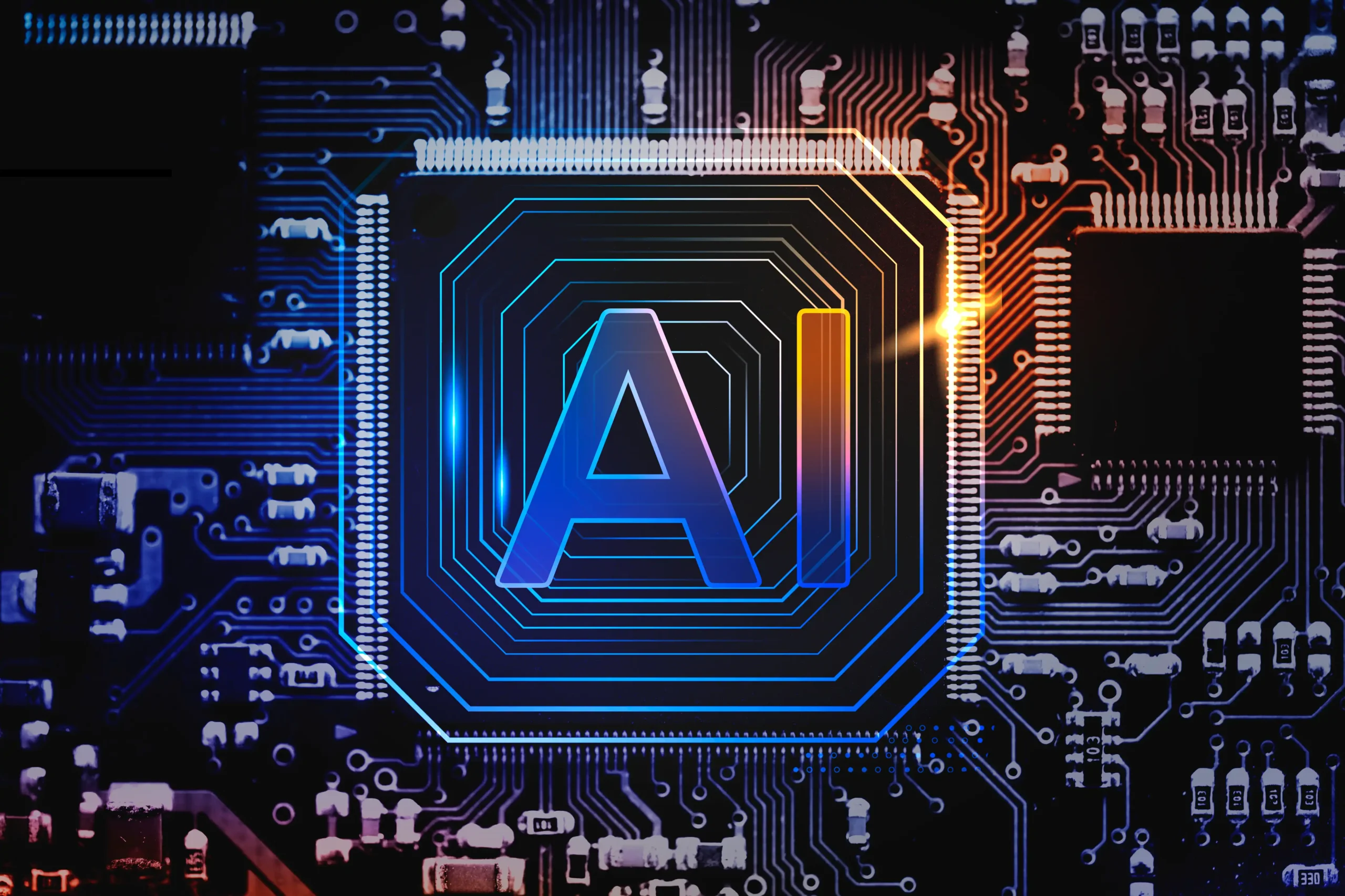Artificial Intelligence (AI) has revolutionized various industries, and its impact on sales is no exception. Companies are turning to AI technologies to enhance their sales strategies and drive revenue growth in today’s competitive business landscape. From lead generation and customer profiling to personalized recommendations and sales forecasting, AI offers a plethora of opportunities to transform the sales process. In this article, we delve into the power of AI in sales, exploring the potential it holds for businesses and the key factors driving its adoption. We also shed light on the development costs of implementing AI in sales and provide insights into the essential tech stack needed to unleash its full potential. By leveraging machine learning algorithms and data analytics, AI empowers sales teams to identify patterns, predict customer behavior, and tailor their approach accordingly. With the ability to automate repetitive tasks, improve sales predictions, and enhance customer engagement, AI presents a game-changing opportunity for businesses to scale their sales efforts and achieve unprecedented success. Join us as we uncover the untapped potential of AI in sales and guide you through the necessary steps to harness its power effectively.
How AI Enhances Sales: Key Benefits
The integration of AI into sales offers several transformative benefits, including:
- Improved Lead Generation: AI can analyze vast amounts of data to identify promising leads, helping sales teams focus their efforts where it matters most. This leads to higher conversion rates and boosts revenue.
- Personalized Customer Experiences: AI tailors product recommendations and offers that resonate with individual preferences by analyzing customer data such as browsing history and past purchases. This personalized approach increases customer satisfaction and fosters brand loyalty.
- Automation of Repetitive Tasks: AI automates mundane tasks like data entry, lead qualification, and follow-ups. This frees up time for sales teams to focus on more high-impact activities, like nurturing relationships and closing deals.
- Enhanced Sales Forecasting: AI can analyze historical data, customer behavior, and market trends to generate accurate sales forecasts, helping businesses make data-driven decisions.
- Increased Efficiency and Agility: By automating processes and providing real-time insights, AI helps businesses adapt quickly to changing market conditions and capitalize on new opportunities.

Top Applications of AI in Sales
The use of AI in sales spans across various areas, including:
- Lead Generation & Qualification: AI-powered tools can analyze online data sources to identify leads that fit your target profile. By predicting the likelihood of conversion, AI helps sales teams prioritize leads more effectively.
- Customer Engagement: AI-powered chatbots and virtual assistants use natural language processing (NLP) to engage customers, answer queries, and recommend products. This not only enhances the customer experience but also allows sales reps to focus on more complex tasks.
- Sales Forecasting: AI analyzes sales data and market trends to predict future performance, helping businesses allocate resources efficiently and set achievable goals.
- Pipeline Management: AI can identify bottlenecks in the sales pipeline, enabling managers to address issues and improve the overall sales process.
AI Development Costs: What to Expect
Implementing AI in sales comes with costs, which vary depending on the complexity of the system, project scope, and available resources. Key cost drivers include:
- Data Collection & Preprocessing: High-quality data is essential for training AI models. Gathering and cleaning this data can be time-consuming and requires specialized expertise.
- AI Platform or Software: Businesses can choose between pre-built AI solutions or custom AI systems. Pre-built solutions are more affordable and quicker to implement but may lack the flexibility of custom systems, which require a larger upfront investment.
- Hiring Technical Talent: AI development requires skilled professionals such as data scientists, machine learning engineers, and developers. Recruiting and retaining these specialists can add to the overall cost.

Essential Tech Stack for AI in Sales
To successfully integrate AI into sales, a solid tech stack is required. The essential components include:
- Data Management Platform: This platform ingests, stores, and processes large volumes of data from various sources such as CRM systems and marketing tools.
- Machine Learning and AI Platforms: These platforms build, train, and deploy AI models for tasks like predictive analytics and recommendation engines.
- Sales Automation Tools: AI tools should integrate with existing CRM systems and sales platforms to streamline the process from lead generation to customer management.
- Data Visualization Tools: To make AI-generated insights actionable, businesses need tools that present data in user-friendly dashboards and reports.
- Security & Compliance: Protecting customer data is essential, and businesses should ensure robust encryption, access controls, and regulatory compliance.
Want Budget Friendly AI Agents for your business? You have landed right!
Get Shocked!
Choosing the Right AI Solution for Your Sales Team
To find the best AI solution for your sales team, consider the following factors:
- Sales Objectives: Clearly define your goals and the challenges you aim to solve with AI. This will help identify the features you need.
- Integration with Existing Tools: Ensure the AI solution integrates seamlessly with your current CRM and sales tools for a smooth implementation.
- Ease of Use: The AI tool should be user-friendly to encourage adoption by your sales team.
- Scalability: Choose a solution that can scale as your business grows, handling more data and supporting additional sales channels as needed.
- Vendor Reputation: Opt for AI vendors with a proven track record and excellent customer support to ensure a smooth and successful deployment.
Successful Case Studies: How AI Transformed Sales
Here are some examples of businesses that successfully implemented AI in their sales processes:
- SaaS Company & Predictive Lead Scoring: A SaaS company improved lead prioritization by using AI to analyze customer data and predict conversion probabilities. This led to a 25% increase in lead conversions and a 20% boost in sales productivity.
- E-commerce Retailer & Personalized Recommendations: An e-commerce retailer used AI to recommend products based on customers’ shopping habits, resulting in a 15% increase in upsell conversions.
- Manufacturing Firm & Sales Forecasting: A manufacturing firm improved its sales forecasting accuracy by using AI to analyze historical data and market trends, leading to a 12% rise in sales performance.
- Financial Services & Lead Qualification: A financial services company implemented AI to qualify leads, resulting in a 30% increase in lead conversion rates and a 25% reduction in the time taken to close deals.

Challenges and Limitations of AI in Sales
While AI offers significant benefits, businesses should be aware of potential challenges:
- Data Quality: AI’s effectiveness depends on the quality and availability of data. Poor data can lead to inaccurate insights and missed opportunities.
- Interpretability: AI algorithms can be complex, making it difficult for sales teams to understand the rationale behind AI-generated recommendations.
- Bias and Ethical Issues: AI systems can unintentionally amplify biases present in the data, leading to unfair outcomes. Businesses should implement safeguards to avoid biased decisions.
- Integration: Seamlessly integrating AI with existing systems can be a technical challenge. Companies must ensure compatibility without disrupting current workflows.
- Talent Shortages: Hiring the specialized talent needed to build and maintain AI solutions can be costly and competitive.
Conclusion
Artificial Intelligence (AI) is reshaping the sales landscape, providing businesses with unprecedented opportunities to enhance their sales strategies and drive revenue growth. As we’ve explored, the potential of AI extends across various facets of sales, from improving lead generation and automating repetitive tasks to offering personalized customer experiences and accurate sales forecasting.
However, harnessing the full power of AI requires careful consideration of development costs, the right tech stack, and a strategic approach to implementation.
At Performix, we understand the complexities and challenges that come with integrating AI into your sales processes. Our team of experts is committed to developing customized AI solutions that align with your business goals, ensuring you reap the benefits of enhanced efficiency, improved customer engagement, and increased sales performance.
If you’re a CTO, business owner, or operational manager ready to embrace the future of sales with AI, contact Performix today.
Let’s unlock your sales potential together!
Set up a Free Discovery Call or reach us at ai@performixbiz.com







